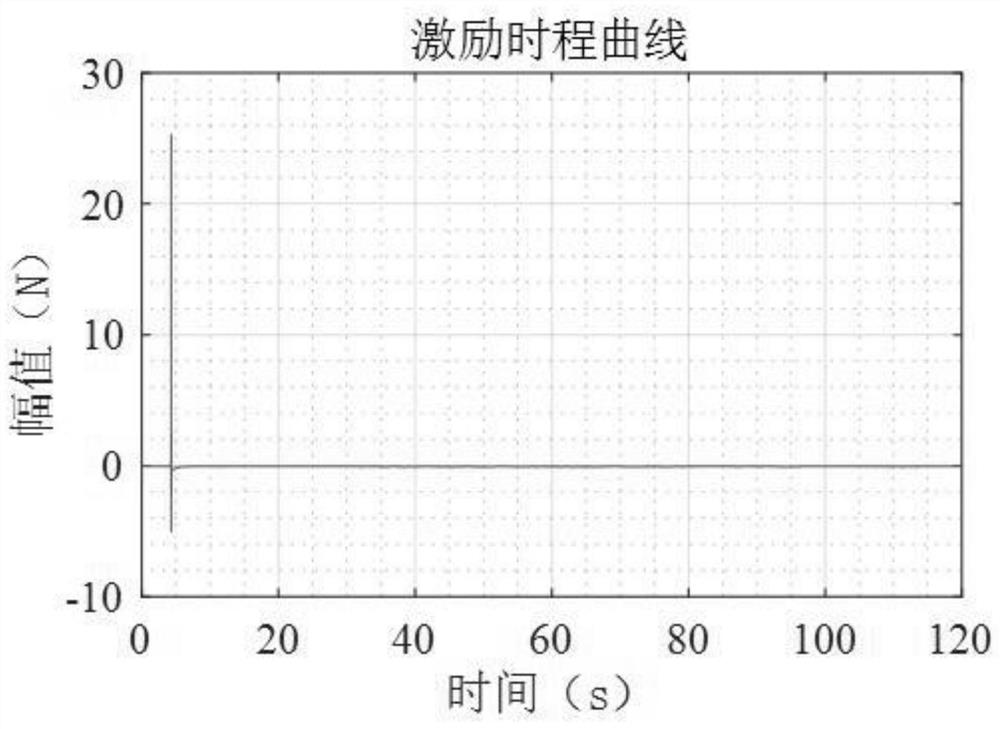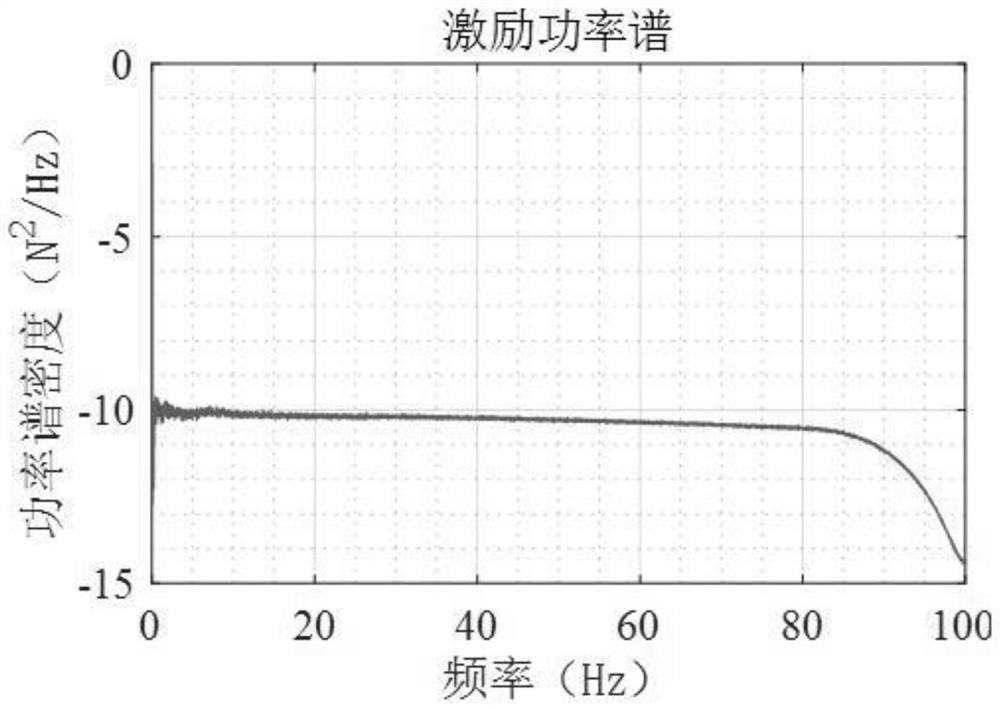A Method of Modifying Structural Model Parameters Based on Frequency Response Function
A technology of frequency response function and structural model, applied in electrical digital data processing, special data processing applications, instruments, etc., can solve problems such as error, submersion, structural response deviation, etc., to improve calculation accuracy, easy operation, and realize correction. Effect
- Summary
- Abstract
- Description
- Claims
- Application Information
AI Technical Summary
Problems solved by technology
Method used
Image
Examples
Embodiment
[0103] The experimental model of the structural system to be corrected in this embodiment is as follows figure 1 As shown, the simply supported beam structure at both ends is adopted, the total length of the beam is 3.0m, and the distance between the two supports is 2.92m. The beam is made of aluminum alloy, and the total mass of the aluminum row is about 16.9kg. The calculated density is about 5.633kg / m. According to relevant information, the elastic modulus E is about 70Gpa. In the experiment, the input is hammer input, and the response is acceleration response. Five measuring points are arranged progressively and evenly on the beam, and the beam is divided into six units.
[0104] 1. Measure and collect the input and acceleration response of the structural system to be corrected. The excitation is in the form of a hammer hammering. The hammer is connected to a force sensor, and the input signal is obtained by measuring the force sensor on the hammer. During the experimen...
PUM
 Login to View More
Login to View More Abstract
Description
Claims
Application Information
 Login to View More
Login to View More - R&D
- Intellectual Property
- Life Sciences
- Materials
- Tech Scout
- Unparalleled Data Quality
- Higher Quality Content
- 60% Fewer Hallucinations
Browse by: Latest US Patents, China's latest patents, Technical Efficacy Thesaurus, Application Domain, Technology Topic, Popular Technical Reports.
© 2025 PatSnap. All rights reserved.Legal|Privacy policy|Modern Slavery Act Transparency Statement|Sitemap|About US| Contact US: help@patsnap.com



